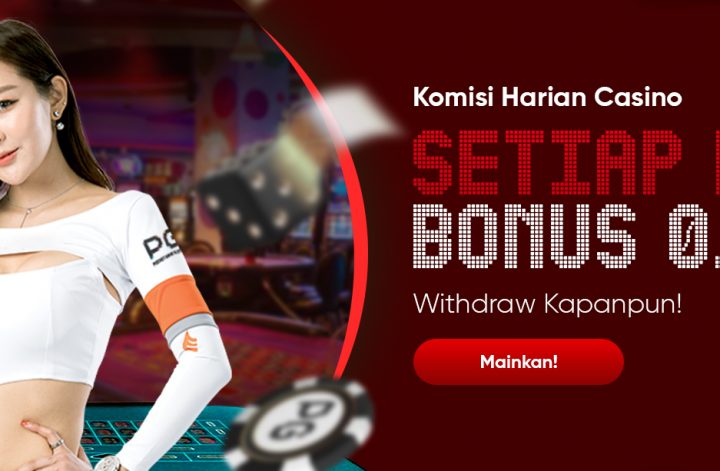We are all addicts. Yes, you are. So am I. We are addicted in many ways to many things.
It is easy to identify the obvious physical addictions; drugs, alcohol, tobacco, caffeine, sugar, etc. In addition to being the easiest to identify, these physical addictions are also the easiest to kick. If you think that kicking the heroin habit is tough, try kicking your addiction to one of your core beliefs. You’ll scream. You’ll fight. You’ll rant and rave. You’ll suffer delirium tremors.
In addition to any physical addictions you may admit to having, you also have many emotional, mental and spiritual addictions that may not be so obvious.
Physical addictions are often obvious, but is not always so easy to identify the emotional addictions you may have. Nevertheless, we all have them. You can see them if you look closely at your relationships with other people, at the recurring cycles of circumstances that show up in your life, at the things you gather around yourself to provide comfort and pleasure.
It is even harder to identify the mental addictions you may have. Parents worry about pushers hanging around school yards, hoping to entice the innocent into some drug addiction. Yet, within the classrooms, well-meaning teachers are busy impressing young minds with ideas and ways of thinking about life. Parents do it too. They infect their children with their ways of thinking, with their attitudes, passing on their own addictions, their own behavioral programming.
Most people who have been programmed do not recognize their programming. Not one person who has been successfully brainwashed will readily admit to being brainwashed. And yet, we have all been, from birth, trained/programmed/brainwashed to think a certain way, to have certain perspectives, to hold a certain reality picture. And we have become addicted to those habitual thought processes, those perspectives, that take on reality. They provide us with pleasure, comfort and security just as much as any needle full of dope does.
It is harder still to identify the spiritual addictions you may have. Oh sure, it can be fairly easy to point the finger at those who are involved in cults; but, we are all addicted to belief systems. Each of us has become dependent on holding certain beliefs in order to have the courage to face the great unknown and the various other fears that arise from that. Resorting to a belief sold by a church in order to face your fears is not much different from resorting to a shot of courage made in a distillery and sold in a saloon.
It is easy to be in denial about these emotional, mental and spiritual addictions. Being in denial about them does not mean they do not exist. In fact, the denial that one’s habits are, in fact, an addiction is one of the primary ways to identify an addiction. Everyone who works in addiction therapy has heard a junkie say, “I am not really addicted. I can quit anytime.” To which the therapist will reply, “Yeah, sure, go ahead, prove it. Quit right now.”
It is not just a heroin habit that is hard to kick; all habits are hard to quit and some are a lot harder than heroin. Whenever I encounter someone who insists that they are not addicted to some belief or some way of thinking, I always say, ”
Before I go any further into this, let me say that not all addictions are necessarily bad. It may serve you to be addicted to a mid afternoon cup of coffee. That shot of caffeine boosts your mental acuity and improves your productivity. It may serve you to be addicted to the endorphin high you get from your morning run. It provides the motivation to stay physically healthy. It may serve you to be addicted to your belief that you shall be redeemed in the afterlife. It may serve you to be addicted to the belief that you deserve success.
But just because an addiction may serve you or just because the benefits outweigh the negatives does not mean that you should be in denial about your addiction. So long as you are in denial, so long shall you be in bondage. In order to be free, you must first admit to your addictions.



